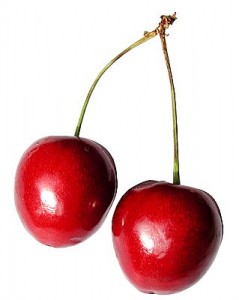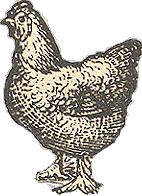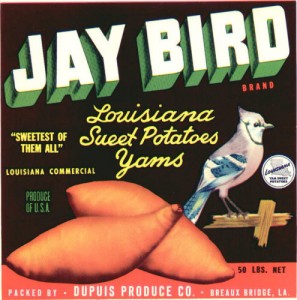
After you fully discount the chain-email false alarms, you’re left with plenty of well-founded concerns about how small producers would fare under the various food-safety measures before Congress. Farm World:
The public outcry has mostly focused on the Food Safety Modernization Act of 2009 (House Resolution 875), but Kastel [Mark Kastel of the Cornucopia Institute] pointed out that of all the food safety bills currently before Congress, the Food and Drug Administration (FDA) Globalization Act of 2009 (HR 759) appears to be the one that’s most likely to be voted on, possibly with elements of the other bills incorporated [emphasis added].
Sponsored by Congress’ most senior member, Rep. John Dingell (D-Mich.), HR 759 amends the Federal Food, Drug and Cosmetic Act to include provisions governing food safety. The bill provides for an accreditation system for food facilities, and would require written food safety plans and hazard analyses for any facilities that manufacture, process, pack, transport or hold food in the United States.
It also calls for country of origin labeling and science-based minimum standards for harvesting fruits and vegetables, as well as establishing a risk-based inspection schedule for food facilities. …
The [Cornucopia] institute claims the preventative measures [on handling of food on farms] are designed with large-scale producers and processors in mind and “would likely put smaller and organic producers at an economic and competitive disadvantage.”
The American Farm Bureau Federation opposes Dingell’s bill, arguing that improving existing inspection and import methods would be preferable. [Earlier entries in series here, here, and here]
Filed under: agriculture and farming, FSMA

 By this point there have been emphatic denials from many official quarters that the new food safety bills getting serious attention in Congress will pose any undue burden to small, localized, or specialty food enterprises (see discussion
By this point there have been emphatic denials from many official quarters that the new food safety bills getting serious attention in Congress will pose any undue burden to small, localized, or specialty food enterprises (see discussion  “During the hearing, I never once heard that there was any distinction between large commercial, small commercial selling direct to consumers, homesteaders or hobbyists. All I ever heard was that everyone wants a mandatory NAIS. For everyone.” The tagging and paperwork would apply not only to four-footed livestock, but to poultry, fish, shellfish “and some crustaceans. Just about any animal you might find on a farm except dogs, cats and rabbits.” Earlier
“During the hearing, I never once heard that there was any distinction between large commercial, small commercial selling direct to consumers, homesteaders or hobbyists. All I ever heard was that everyone wants a mandatory NAIS. For everyone.” The tagging and paperwork would apply not only to four-footed livestock, but to poultry, fish, shellfish “and some crustaceans. Just about any animal you might find on a farm except dogs, cats and rabbits.” Earlier 
 Many observers
Many observers  Well! If a bill has 41 cosponsors, it must have been well vetted, right? (CPSIA
Well! If a bill has 41 cosponsors, it must have been well vetted, right? (CPSIA